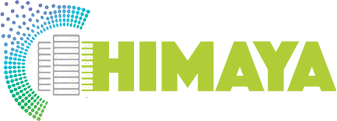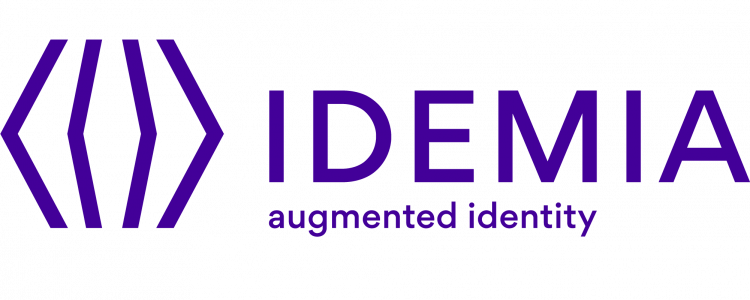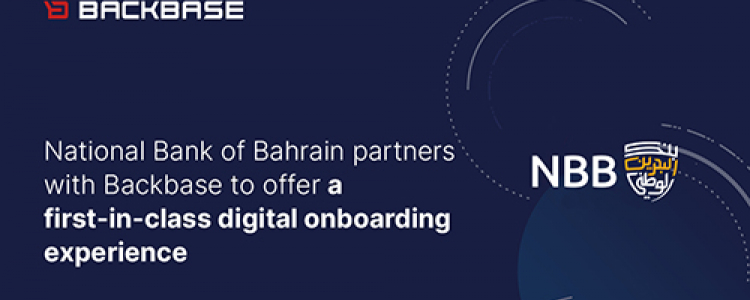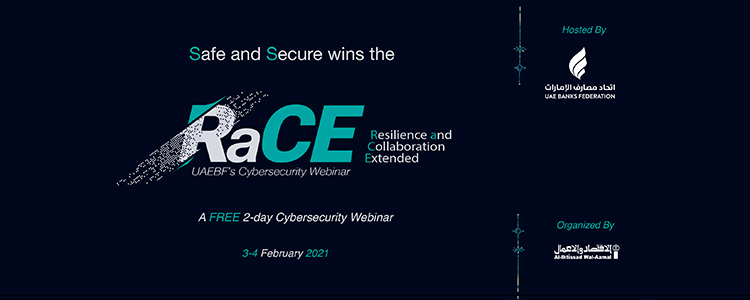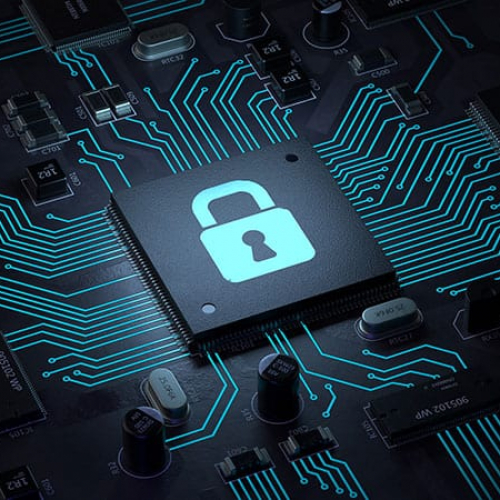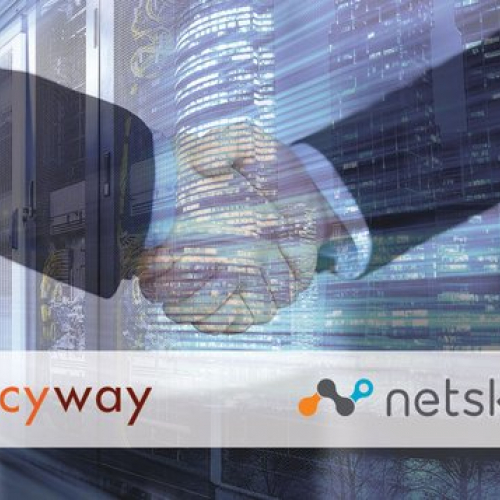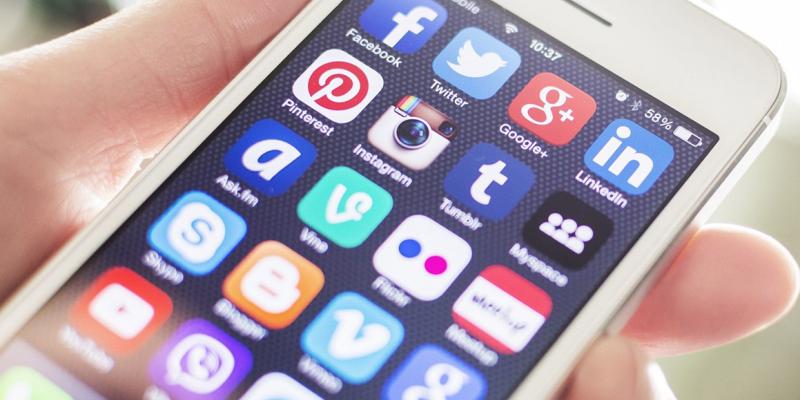
Tips to Protect your Personal Data from Cyber Threats
Almost every day a cyberattack or massive data breach is happening somewhere catching the news headlines, however we forget that some minor breaches targeting us as individuals are also taking place through mediums that we least expect.
Below are some tools which you should be aware of, that could be used to steal your personal data and photos:
USB sticks
Convenient, popular and pocket sized but it is a virus’s easy target!
You should be very wary of connecting a USB drive to your computer if you are not absolutely sure where it is from. To stay safe of such a threat, make sure to keep your computer operating system updated, install effective security tools or software and most importantly run a virus scan on the USB before doing anything.
Zombie Accounts
From different social media pages to business e-mails, personal e-mails, different subscriptions, various applications and more. You want to apply for a job, shop online, take online course, play a game on your mobile, or even watch series and movies; you need to create an account.
Every account you no longer use and forget about could potentially be hacked. Therefore, always remember to shut down social media, learning and job finding applications that you do not use anymore rather than uninstalling the associated application from your phone and then forgetting all about them.
Untrusted Browser Extensions
How many times have you tried accessing a browser extension and ended up downloading an extra-unneeded software or bombarded with advertisement pop-ups?
To prevent such mess-ups, learn to identify safe extensions by looking into the background of the developers, checking the permissions that they ask for, reading up on reviews left by other users, and sticking to extensions that are actually useful.
The right browser extensions are able to add useful functionality and features to your daily window on the web, but many add-ons have the privilege of being able to see everything you are doing online, if they want to.
Online Quizzes
You've probably seen friends and family take quizzes on Facebook to find out which celebrity they're most like. These quizzes may seem harmless, however, they can also be used to collect personal data stored in the linked Facebook accounts that you don't really realize you're giving away. Be aware of anything that requests personal information or personal photos from you like the recently viral FaceApp or that requires a connection to one of your social media accounts.
Leaky Photo Uploads
Sharing pictures and your thoughts on your social media accounts will increase your followers and enlarge your network, however oversharing could increase the chances of you being hacked. Think twice before posting photos taken particularly at the places where you might live and work. Some apps, like Google Photos, can keep location data embedded in the file after it's been shared.
Malicious Charging Cables
Just like USB sticks, you think nothing of them but; what you don’t know is that fake cables can give hackers remote access to a device once they're plugged in!
Only use the cables that come with your devices or from reputable sources. Don't assume any cable that you find lying around is appropriate, since some fake cables that look just like the genuine products can give hackers remote access to a device once they're plugged in.
Nothing is as simple as it seems, be aware of the malware!
